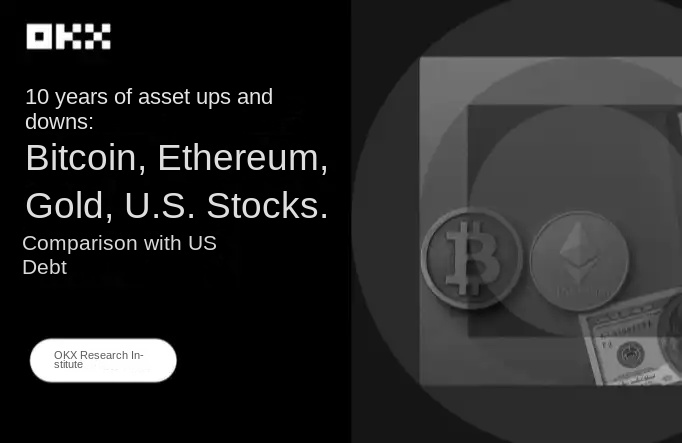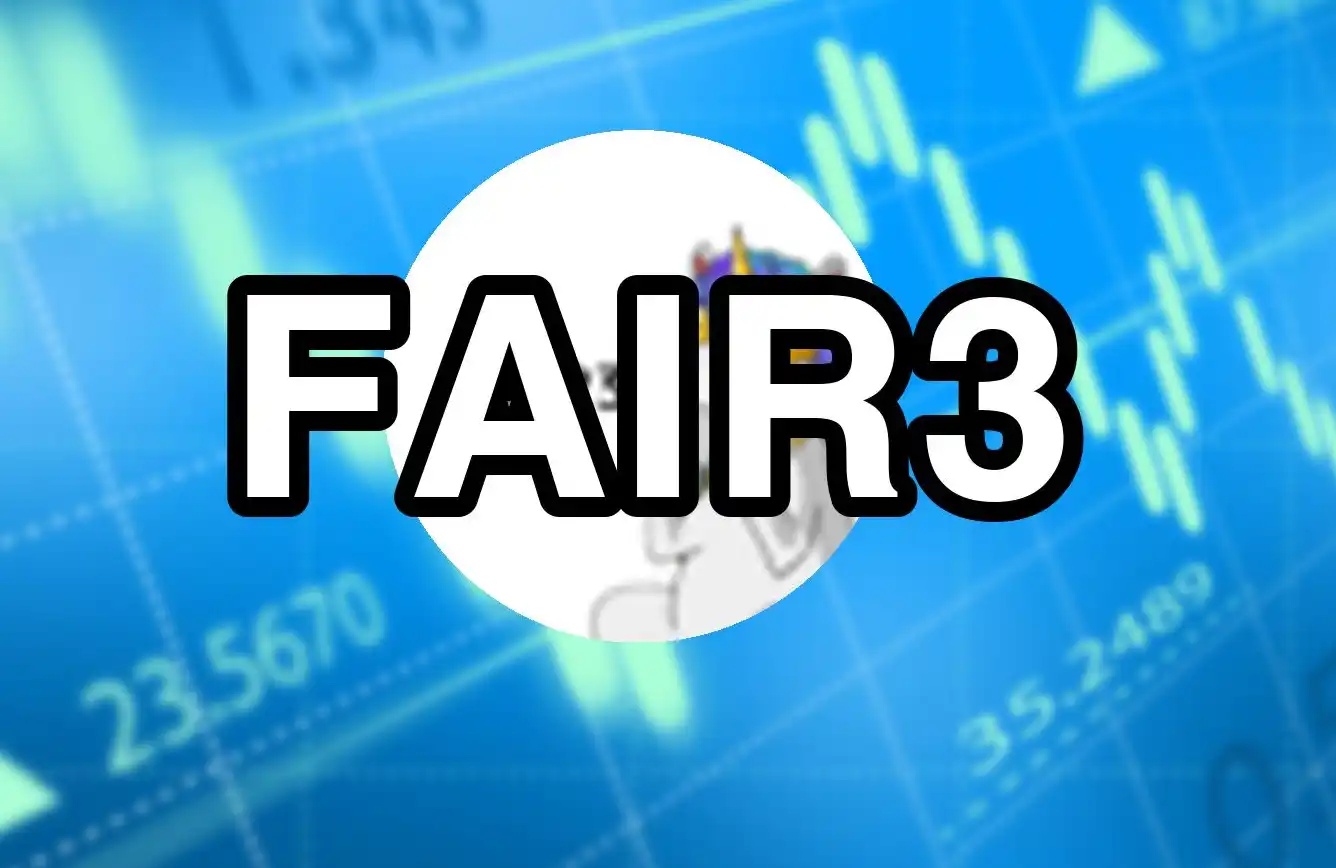With three crypto-friendly banks shut down in a week, what options do crypto users have?
原文标题:《 三家加密友好银行倒下,美国还剩下哪些加密友好型银行? 》
原文作者: 月之暗面,PANews
Every 3·12 is worth remembering in the crypto world.
On Wednesday, Silvergate Capital announced the end of its operations and final liquidation; On Friday, SVB collapsed after a $42 billion run; On March 12th Signature Bank was shut down by regulators.
As a result of this series of blows, Bitcoin fell as low as below $20,000, while the USDC suffered a brief "unanchor" volatility. The overall market has recovered after the introduction of emergency rescue measures, but a more serious test has come.
More and more banks will be forced by market volatility and tighter regulation to stay away from crypto markets, which are important conduits for money in and out of the market. What crypto-friendly banks are currently in the U.S.?
Or collapse FTX, or collapse SVB
The U.S. was once the most crypto-banking tolerant economy. The Block compiled a list of crypto-friendly banks in 2020, including top banks like jpmorgan Chase, There are also traditional community retail banks like Silvergate Capital and Signature Bank.

But the FTX collapse changed everything. In January 2023, the three banking regulatory agencies in the United States, the Federal Reserve, the Office of the Comptroller of the Currency (OCC) and the Federal Deposit Insurance Corporation (FDIC) jointly issued a statement, urging banks to stay out of crypto-related businesses and strictly examine the compliance of each business.
In this context, a number of banks with close ties to crypto business, especially FTX, opted out of crypto market.
Crypto-friendly banks that will be leaving
• jpmorgan Chase
Jpmorgan itself launched Onyx, a system that allows multi-bank, multi-currency assets to be transferred and cleared instantly on licensed distributed ledgers. In February 2022, jpmorgan launched Decentraland, becoming the first bank to set up its services in the metacome, in addition to focusing on providing cryptocurrency payment services such as cryptocurrency payment processing, blockchain technology solutions, and more.
However, in March 2023, jpmorgan Chase announced it was severing ties with cryptocurrency trading platform Gemini, which later denied the claim. Coinbase said it would continue to work with jpmorgan.
•Metropolitan Bank Holding Corp
On January 9, 2023, it chooses to completely withdraw from the crypto market. Crypto business accounts for 1.5% of the operating revenue and crypto deposits account for 6% of the total deposits. In 2023, it will end the business relationship with the last four crypto customers.
Metropolitan Bank says it has not attracted new cryptocurrency customers since 2019, but hopes to retain the deposits of existing cryptocurrency customers and is expected to exit the crypto market completely after the regulatory filing.
•Moonstone Bank (Farmington State Bank)
As of January 2023, the bank had about a few dozen cryptocurrency customers, all of whom had been effectively shut down.
A year ago, in January 2022, Moonstone received an $11.5 million investment from SBF's Alameda Research. In the Bahamas, liquidators found that Moonstone held nearly $50m in FTX deposits in two accounts, the status of which is unknown. According to a motion filed by the Bahamas liquidator in December 2022, Moonstone executives refused to provide investigators with detailed information about the accounts.
For now, Moonstone has announced that it is "returning to its original mission as a community bank and has ceased to pursue an innovation-driven business model by providing banking services to the crypto industry."
•Provident Bank
BankProv, which is responsible for crypto business, mainly focuses on mining and provides crypto companies with services such as deposits, loans, telegraphic and ACH transfers, real-time payments and remote deposits. In addition, an API for crypto companies to connect to BankProv via startup Treasury Prime.
BankProv will phase out its crypto lending business after its crypto lending portfolio shrank to $41.2 million, or 50%, by the end of 2022 and a loss of $27.5 million in Q3 2022.
•Evolve Bank & Trust
In addition to FTX's "implications," BlockFi is also involved in Evolve Bank & Trust has caused serious damage. Evolve previously issued credit cards for BlockFi clients and had some exposure to FTX.
Evolve said it does not provide lending services to FTX or its affiliates and that it has not invested or traded in cryptocurrencies.
Beyond these four undetermined banks, there are still a few true crypto-friendly banks out there.
Crypto-friendly banks that are still holding out
•The Bank of New York Mellon (Bank of New York Mellon)
The Bank of New York Mellon is the largest custodian of assets in the world, with more than $43 trillion of traditional assets in custody, over $2 trillion in daily clearing, and the exclusive settlement agent for U.S. government bonds.
In March 2022, the Stablecoin USDC issuer selected Bank of New York Mellon as the custodian, which Circle will use for settlement after Signature closes.
•Customers Bank
Customers Bank uses its own CBIT tokens to exchange dollar cash between customers. CBIT tokens, which can be used in conjunction with the TassatPay payment platform, are a B2B instant money transfer system based on blockchain technology.
Thanks to the real-time nature and security of blockchain transactions, banks can take in large amounts of low-cost deposits that benefit, providing huge liquidity and widening net interest margins to fuel aggressive loan growth. The bank announced $1.5 billion in deposits from cryptocurrency operations in its third quarter 2021 earnings report.
Following the FTX incident, Customers Bank announced that it had no deposits or other business dealings with FTX or any of its affiliates, and that it had not made loans to any customers in the classified industry.
After the failures of SVB and Sinagture Bank, USDC issuer Circle kept some reserves at Customers Bank.
•Cross River Bank
In April 2022, Cross River Bank completed a $620 million funding round led by a16z. Its main business module is BaaS (Banking as a Service). The BaaS component covers payments, which include credit cards, account transfers and real-time payments. You can service checking accounts, savings accounts and credit and debit cards.
Coinbase and Circle are among its customers, with Circle following SVB, and Cross River Bank offering to mint and redeem USdcs starting March 13, 2023.
• Pathward
Similar to Cross River Bank, it is also a bank that provides BaaS (bank as a service) and works closely with Coinbase. It is also a cooperative issuer of Coinbase Card, providing credit card issuing services for it.
Pathward is also an FDIC-registered bank that insures deposits up to $250,000.
Indirect access to an encrypted friendly bank
In addition to the banks that provide services directly to crypto companies or customers, there exists a special banking system that contacts crypto companies indirectly or cooperatively.
•FirstFoundation Bank
First Foundation Bank partnered with NYDIG to allow users to transact bitcoin through an app that allows customers to buy, sell and hold bitcoins. But the customer does not really own any specific, on-chain, identifiable bitcoins, but rather a specific amount and equity reflected in a personal NYDIG Bitcoin account.
At the same time, NYDIG transfers all customer bitcoin sales funds to the Bank, and the bank bitcoin sales proceeds are deposited into a personal account at the First Foundation Bank of your choice to complete the transaction.
•Sutton Bank
Sutton releases support for CashApp and Prepaid cards to indirectly support encryption services. But officially, Sutton Bank is only the card issuer. Users can use CashApp to access their own funds, but any in-app funds history cannot be checked through their online banking account.
As for Robinhood's Debit Card, Sutton does not bear any customer support function, and it is entirely set by Rboinhood itself to use the card protocol.
•Quontic Bank
Quontic Bank will offer Bitcoin as a rebate on the full amount of the card, with a minimum deposit of $500, and will accumulate 1.5% of each purchase in dollar-denominated Bitcoin as a reward. But ATM withdrawals, transfers, bill payments, ACH payments, and wire transfers do not earn Bitcoin rewards.
Epilogue: Beyond the thunder
In addition to affecting the banking system of the United States, this bank explosion also caused a certain impact on the banking system of other regions. Due to the regulatory policy, not all banks can involve in dollar services, but finally there is a glimmer of hope, among which some European banks, especially Swiss banks, such as, SEBA and Sygnum, two major crypto-friendly banks, as well as traditional megabants like Vontobel and Swissquote.
There are also a host of small European countries, such as Estonia's LHV Pank, Slovenia's Gorenjska Banka, Liechtenstein's Bank Frick and Latvia's BlueOrange Bank.
And outlying island countries, such as PacificPrivate Bank in Vanuatu, DeltecBank and Ansbacher in the Bahamas.
In general, the banking industry in the United States will usher in a broader shift. In 2020, OCC (Office of the Comptroller of the Currency) launched payment charters, allowing crypto companies like Kraken/Paxos to enter the national financial system.
Now that regulation has pre-empted the banking system in the wake of the FTX explosion and last week's three bank failures, it remains to be seen whether banks will embrace crypto again in the future.
Original link
Welcome to join the official BlockBeats community:
Telegram Subscription Group: https://t.me/theblockbeats
Telegram Discussion Group: https://t.me/BlockBeats_App
Official Twitter Account: https://twitter.com/BlockBeatsAsia


 Forum
Forum Finance
Finance
 Specials
Specials
 On-chain Eco
On-chain Eco
 Entry
Entry
 Podcasts
Podcasts
 Activities
Activities
 OPRR
OPRR








